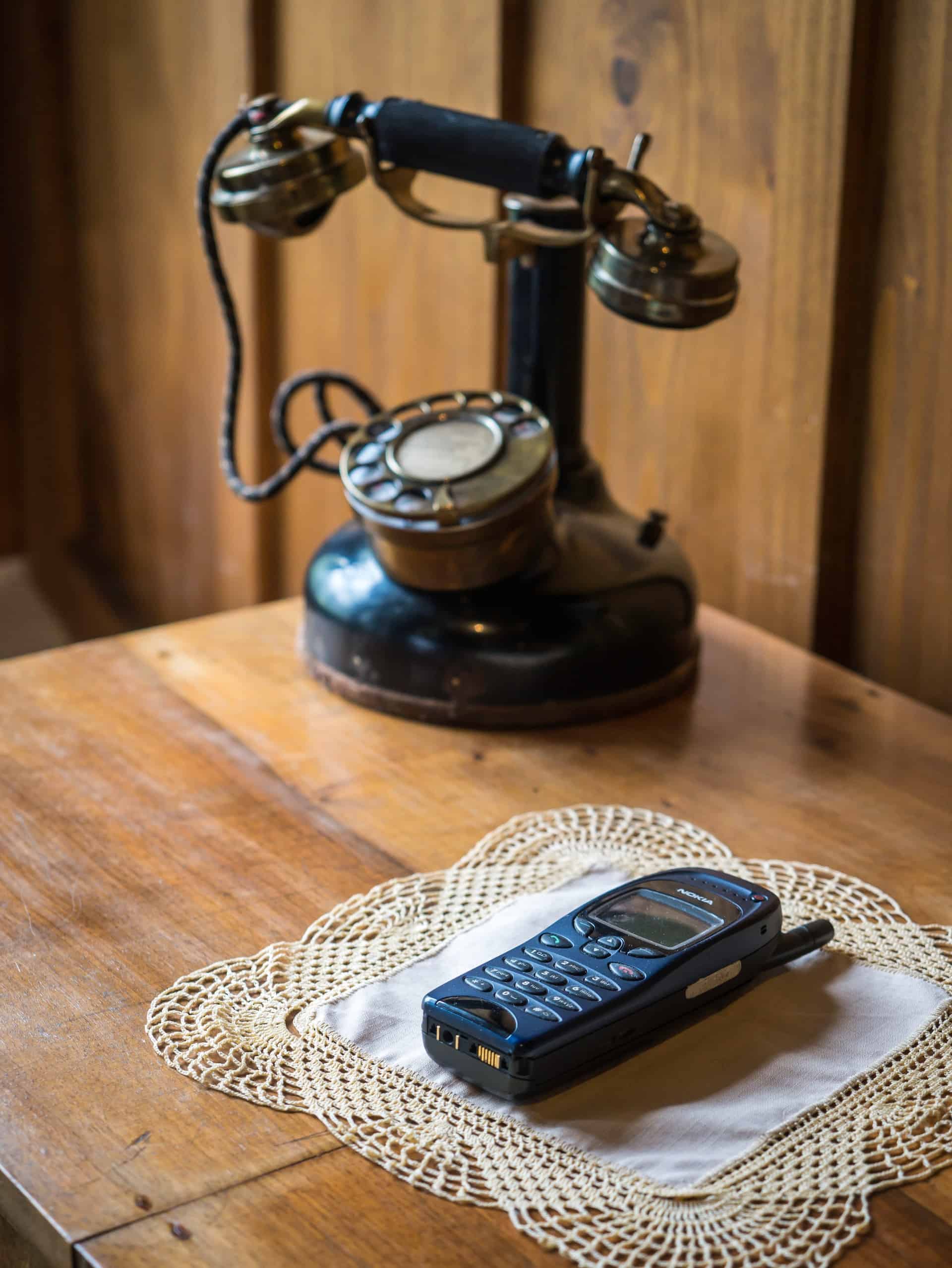Phone numbers are an integral part of our daily lives. They serve as the primary medium for communication through voice calls and messages. However, phone numbers are not just a random sequence of digits. They are carefully crafted and organized into different types, each with distinctive features and unique purposes. Understanding the various phone numbers can be crucial in determining the communication best suited to specific situations. Moreover, having an in-depth knowledge of phone number types can also help individuals utilize the capabilities of their telecommunication devices efficiently.

This article will delve into the uncommon types of phone numbers, their characteristics, and their role in contemporary communication.
Before we start, we need to know that a landline phone is a traditional phone connected to a physical cable or wire that runs from the phone company’s central office to the customer’s premises, such as a home or office building.
What is a Non-Wireless Number?
A non-wireless number is a phone number associated with a landline phone, also known as a fixed-line or a wired telephone. Non-wireless numbers are typically assigned to residential or business phone lines installed at fixed locations and not designed for mobility.
These numbers can be used to make and receive voice calls and send and receive faxes. Non-wireless numbers are distinct from wireless numbers associated with mobile phones or other wireless devices that use cellular or satellite networks to transmit voice and data signals.
So let us see an example:
Let’s say you have a home phone line with a non-wireless number assigned to it. The number is (123) 456-7890. This number is connected to a landline phone installed in your home and cannot be taken with you when you leave the house. It is not designed for sending text or multimedia messages and does not have data capabilities. It is simply a voice-only phone line to make and receive calls from home. You might use this number to communicate with friends and family, receive essential calls from your workplace, or even connect with emergency services if necessary. Since it is a non-wireless number, it does not rely on cellular or satellite networks and is not subject to the same signal issues or interference that mobile phones can sometimes experience.
If you have a problem with the message “Your Message Could Not be Delivered to this Non-Wireless Number,” please read our article.
What does a non-geographic number mean?
A non-geographic, virtual, or NGN number is a phone number not linked to any specific location. When someone dials a non-geographic number, the decision is automatically transferred to the subscriber’s telephone, wherever that set is found. The destination telephone is often hard-wired (so-called landline) or wireless (cellular or satellite).
Various non-geographic numbers supported the billing tactic. For example, the caller pays all charges, the called party pays all charges, or the fees are often shared. Typical rates are 4 to 10 cents per minute.
Charges may derive from one network, such as an area exchange or the non-geographic network itself. The system can provide the user with statistical data concerning the number of calls received during a billing period, where the calls originated, the typical call duration, and even the typical number of rings before answering.
A non-geographic phone number is not associated with a specific geographic location or area code. Unlike traditional landline phone numbers, which are assigned based on the physical location of the phone line, non-geographic numbers are not tied to a specific address or region. Instead, they can route calls to any location or device, including mobile phones, landlines, and VoIP (Voice over Internet Protocol) systems.
Non-geographic numbers can take many forms, including toll-free numbers (e.g., 1-800 numbers), premium rate numbers (e.g., numbers used for chat lines or contests), and virtual phone numbers (e.g., numbers that can be used to create a local presence in a different area code or country).
Some common uses of non-geographic numbers include:
- Giving customers a single point of contact for a business, regardless of location.
- This will enable businesses to create local or regional presences in areas where they do not have a physical location or office.
- It offers toll-free support or information lines that can be accessed anywhere in the country or world.
- We generate revenue through premium rate services, such as adult chat lines or psychic hotlines.
Non-geographic numbers can be helpful for businesses and organizations that need to communicate with customers or clients across a wide geographic area or offer specialized services not tied to a specific location.
Non-geographic numbers in the UK
Non-geographic numbers in the UK are 03, 05, 070/076, 080, 0845, 0870, 083/4, 0871, 09, 116, and 118. People use these numbers to call Government agencies and businesses, make payments, get information, and vote on TV shows.
Say no to non-geographic numbers.
Non-geographic numbers have a bad reputation because of many scammers and scam companies for promotion.


